Sawing Black Locust in Hungary
By Wood-Mizer, Europe
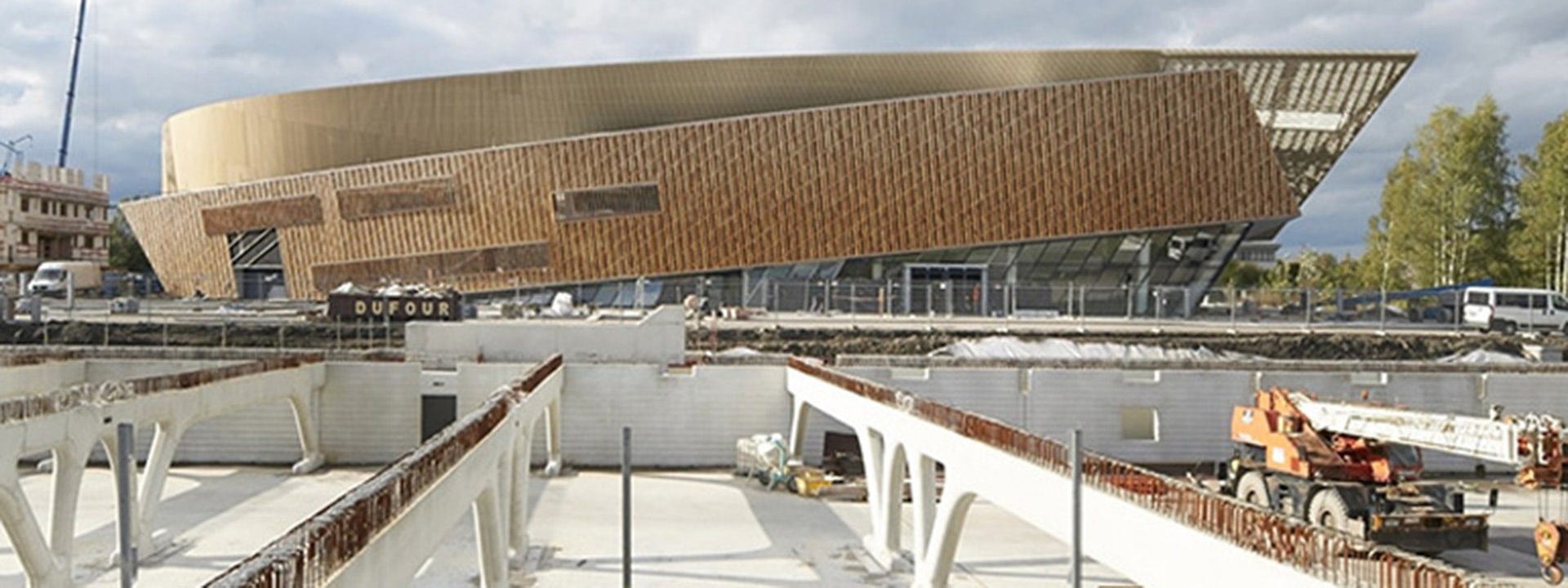
Robinia pseudoacacia – the name of species – is an amazing tree that proliferates about 20-30 cm in length annually, tolerates dry weather, and is characterized by its robust root system - helpful in strengthening the ground when it is planted in sandy soil, on slopes, and along railways.
Black locust is not as durable as oak, but its chemical properties allow it to be used outdoors without additional chemical treatment. Endurance, longevity, and fire resistance makes black locust a magnificent ecological material for bridges, railway sleepers, decking, patios, garden furniture, and other outdoor construction.
To learn more about the applications for black locust, we met with the managing director of Robinia Group KFT in Hungary, Mr. Gabor Erdelyi.
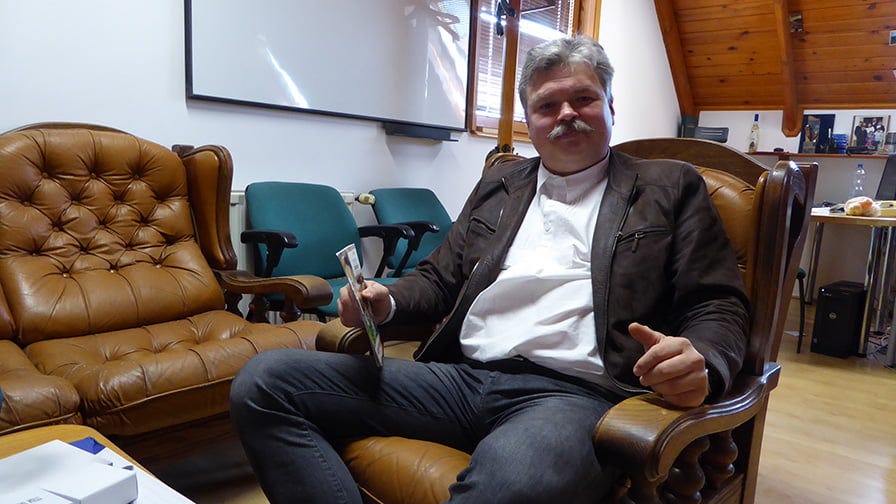

"Our company processes exclusively black locust," says Mr. Erdelyi. "If we talk in general about Europe, it is a huge market. The current demand for black locust used to be met by tropical timber, which was relatively cheap. However, now the situation has changed. Environmental issues become a priority. Since it is clear that much of the harvesting done in rain forests are not sustainably and legally, consumers in Europe have chosen in favor of more environmentally friendly and locally grown black locust. And they are even ready to pay a little more for it compared to tropical timber."
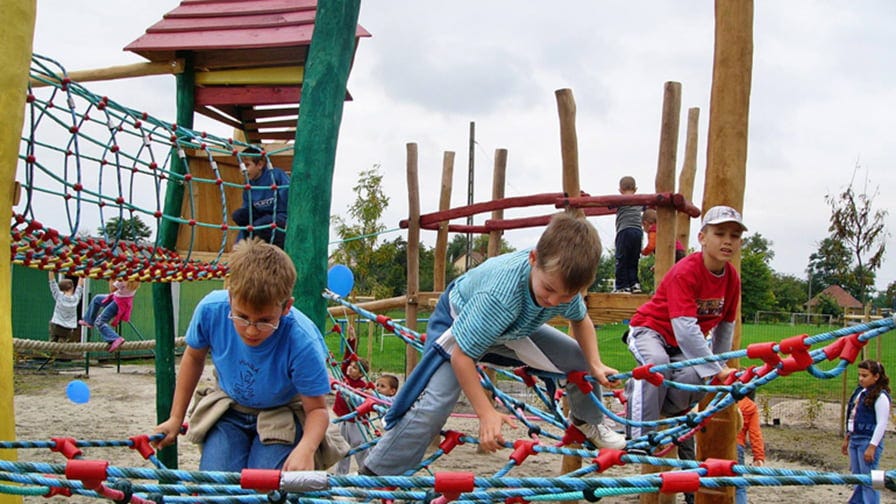

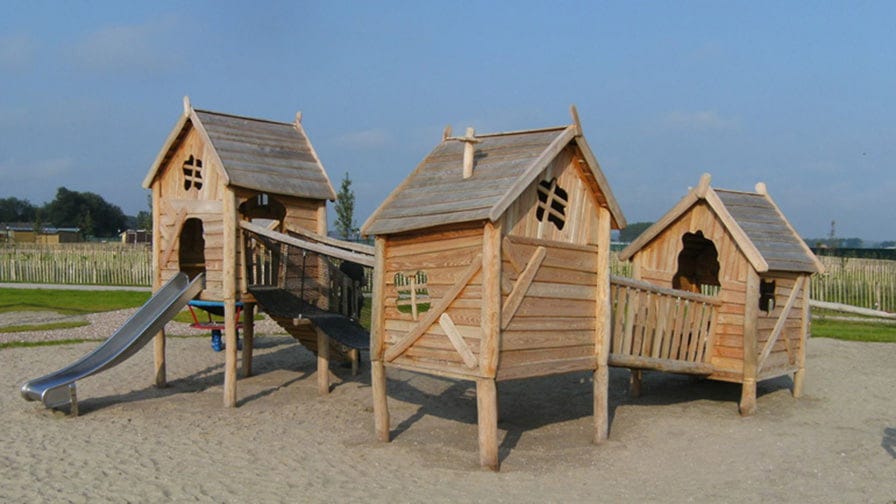

"Much of our product line are wooden products for children - like playgrounds," continues Mr. Erdelyi. "If you ask a child's opinion, they always prefer wooden play equipment because wooden products are more natural and inviting materials."
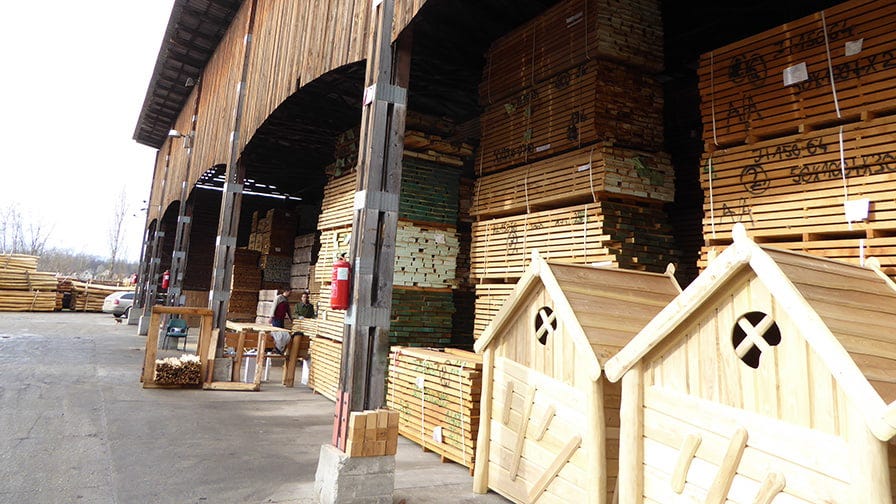

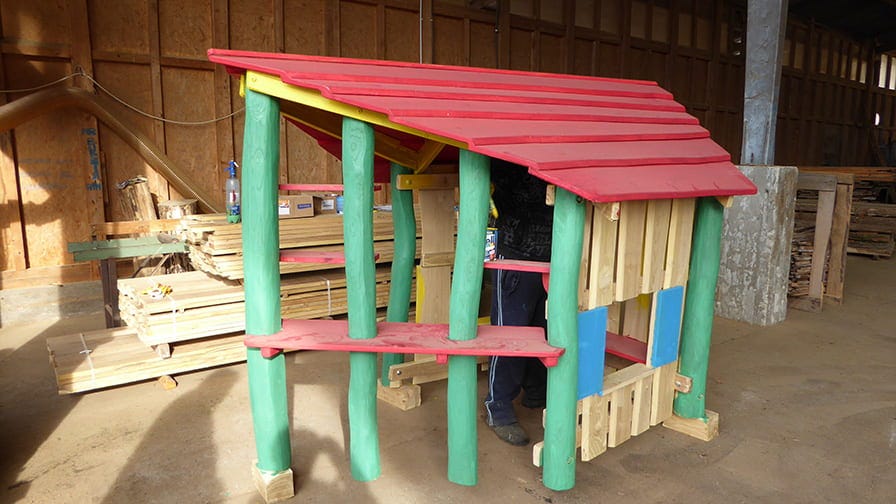

"For a company to be stable, it must stand on more than one leg – one source of income," continues Mr. Erdelyi. "We have developed our business by offering more products than customers could get elsewhere," says Mr. Erdelyi. "Additional services, design, transportation, installation, and support later."
"I often relate an example of a butcher who decides to sell only pork legs and throws away the rest of the pig? I doubt such a stupid butcher exists," smiles Mr. Gabor Erdelyi. "The same applies to wood. We have to transform the entire log into valuable products - 100% of it. We should convert all the raw materials into products with the highest possible added value."
Following this strategy, in early 2016, Robinia Group purchased a Wood-Mizer LT70 sawmill with a remote command station, a log deck, and material handling components for moving both logs and sawn planks.
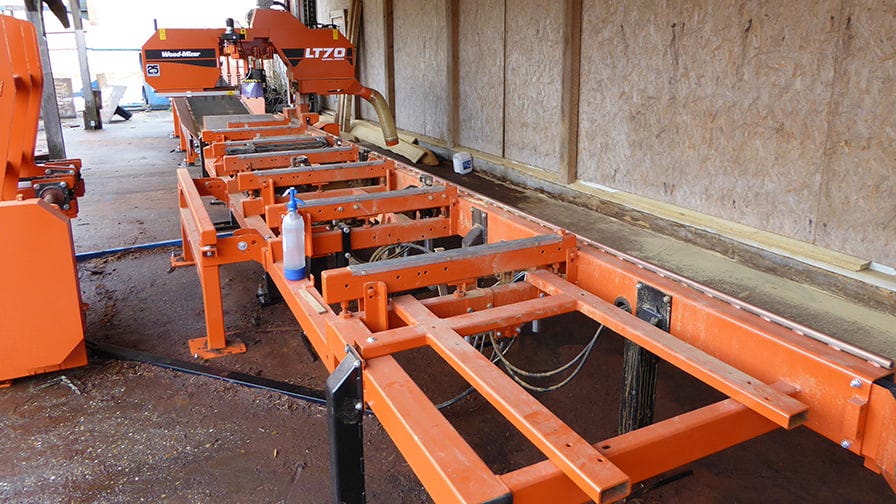

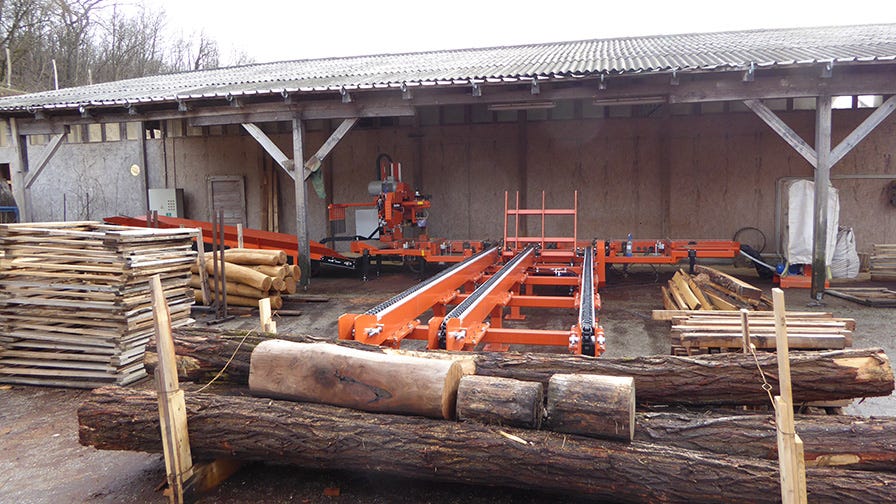

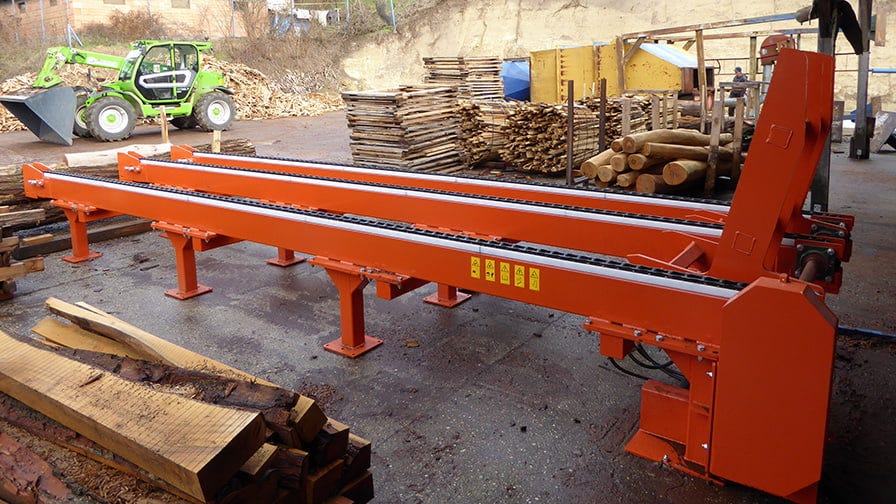

"Why did we choose Wood-Mizer?" shares Mr. Erdelyi. "Black locust forests are in the south-west and north-east of Hungary, and our company is in the middle. While we cut our logs, we can buy the forest without prior sorting, making the raw material cheaper. With the Wood-Mizer sawmill, we have practically no limitations in log size because this machine can cut logs up to 1 m in diameter."
"Secondly, Wood-Mizer uses the narrowest bandsaw blade available from today's sawmilling manufacturers," shares Mr. Erdelyi.
"This means less energy consumption, less sawdust, and more finished products from every log. Considering that we process the logs of the average diameter 20-30 cm, it is essential to use narrow blades, which are cheaper than wide blades, and process such small logs effectively. All these cost savings are significant for small companies because they allow us to reduce the final product price for our consumers."
"In recent years, Wood-Mizer as a manufacturer has been growing. The reputation of Wood-Mizer sawmills is outstanding. These reasons convinced us it was a good investment. The price was fair and wasn't our main focus because our goal was getting a machine that could help us achieve sustainable operation and low production costs".
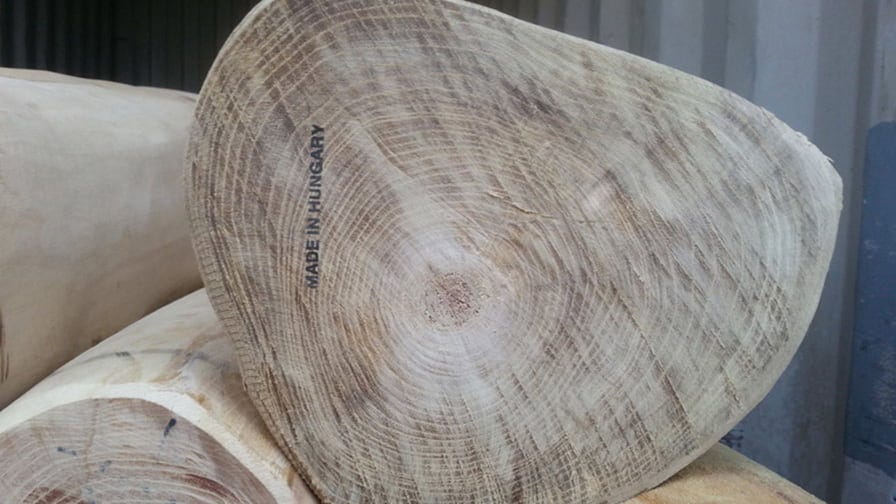

A European Union report of invasive species listed black locust as an invasive species that caused a lively debate in Hungary due to how much black locust is used in the region today.
"Black locust is deeply integrated into the life of the Hungarian people. It is used not only in construction, woodworking, but also for firewood production, and due to its abundant blooms, it is indispensable in beekeeping and honey production," says Mr. Erdelyi.
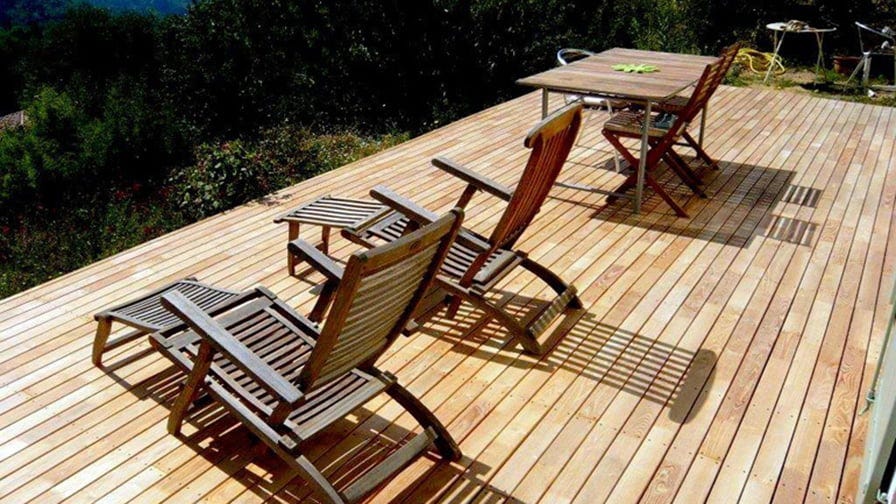

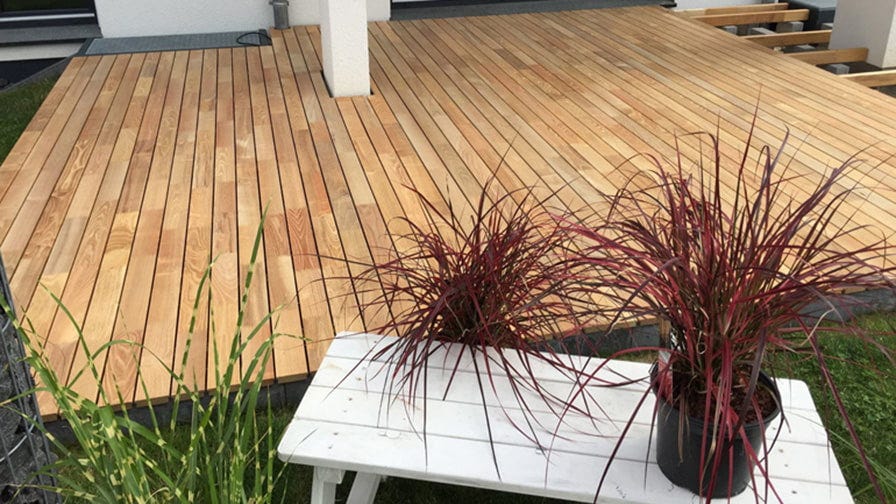

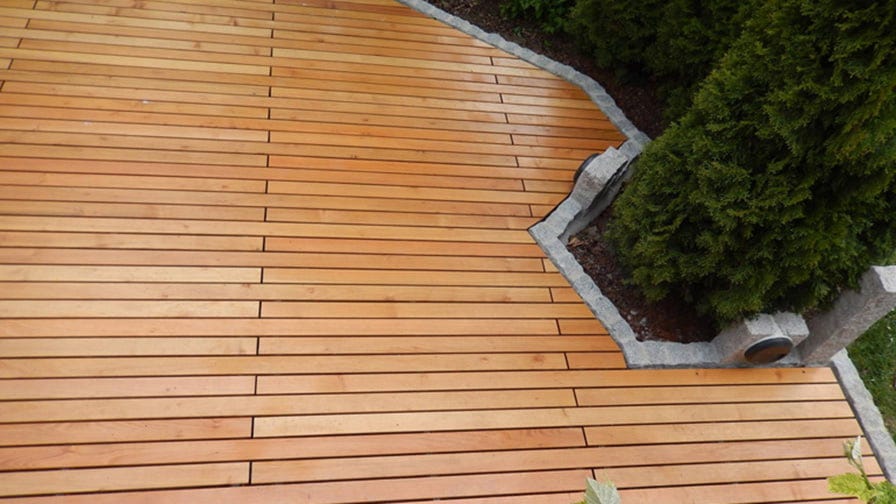

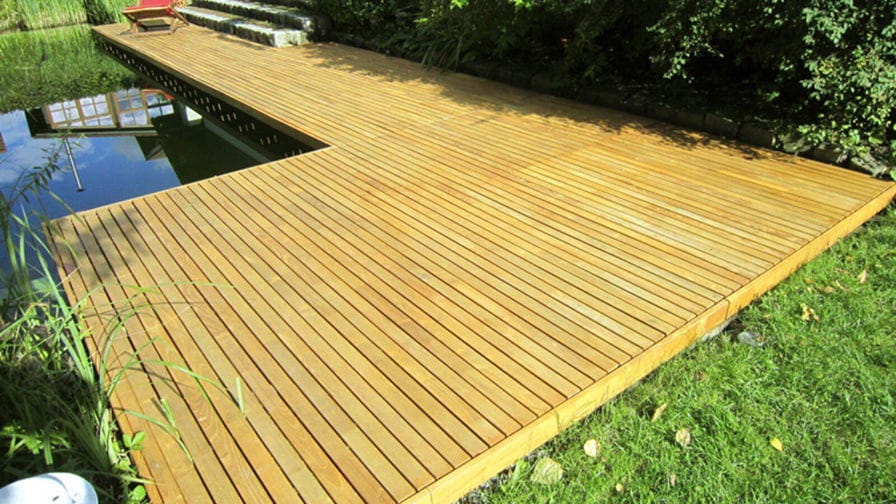

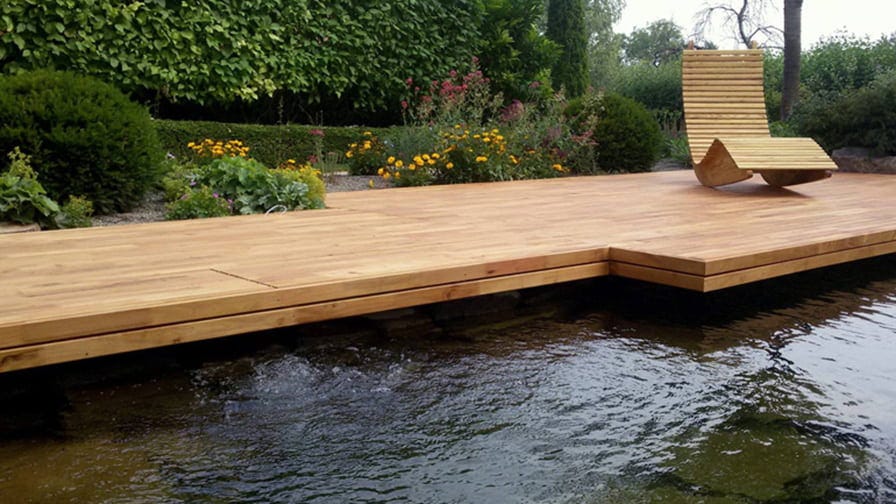

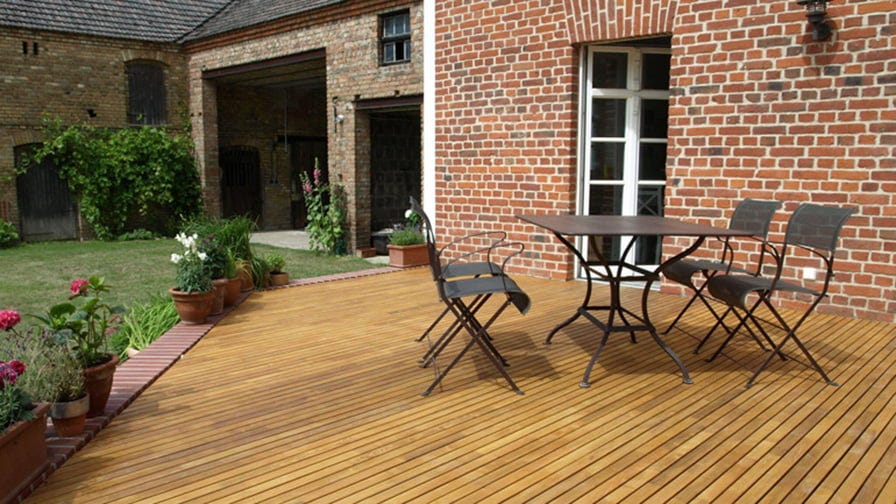

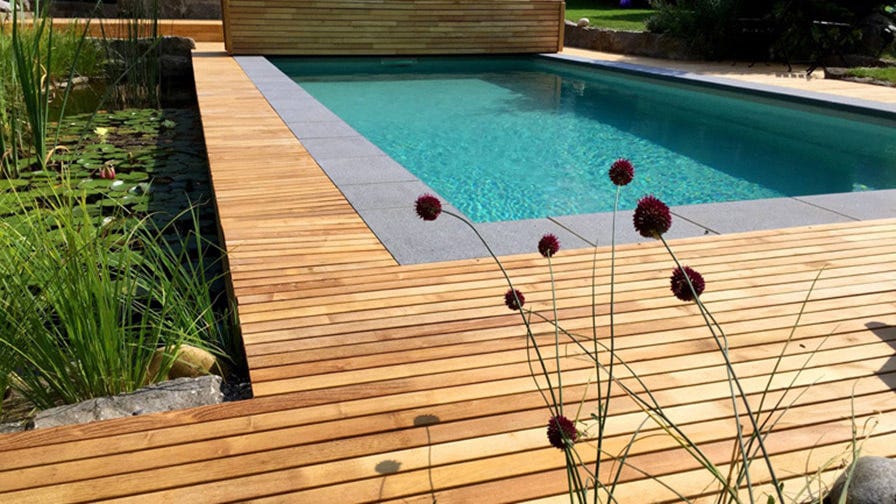

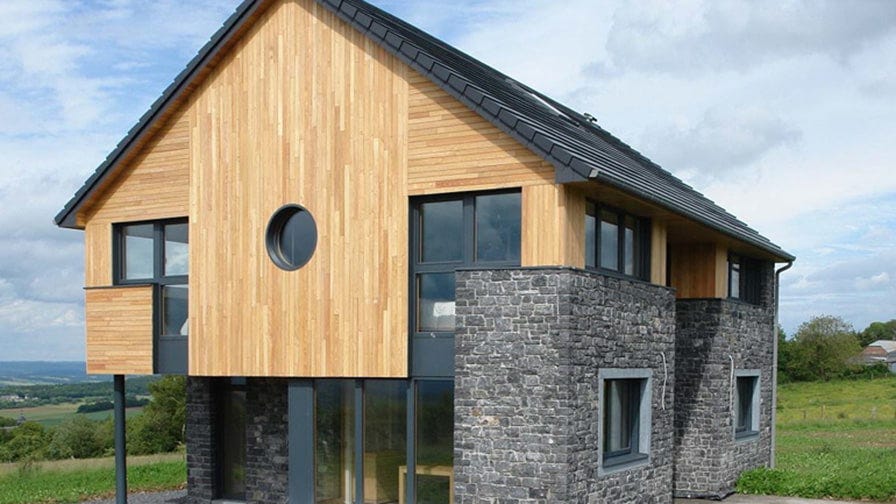

An exciting result of the publicity was that consumers outside Hungary begun to be interested in black locust products. On Robinia Group's website, there is information about numerous products available from the company: children's playgrounds, terraces, wooden decking, benches, etc. And among other successful portfolio projects, there are several major international projects showcased.
"The roof of Letzigrund Stadium was a major achievement for our company because it was our first such large-scale project," says Mr. Erdelyi. "When Austria and Switzerland won the right to host the European Football Championship in 2008 at the Letzigrund Stadium, it was necessary to cover the roof completely. The only problem was to find a suitable timber."
The main requirement for the stadium's roof is durability combined with fire safety and aesthetics. That's why the project didn't concern less resistant varieties of wood. Only a few tropical species and black locust matched the durability requirements.
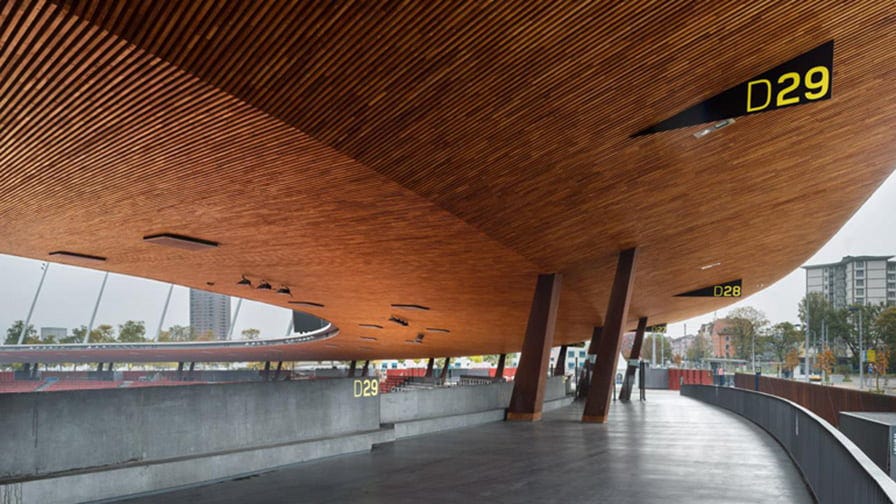

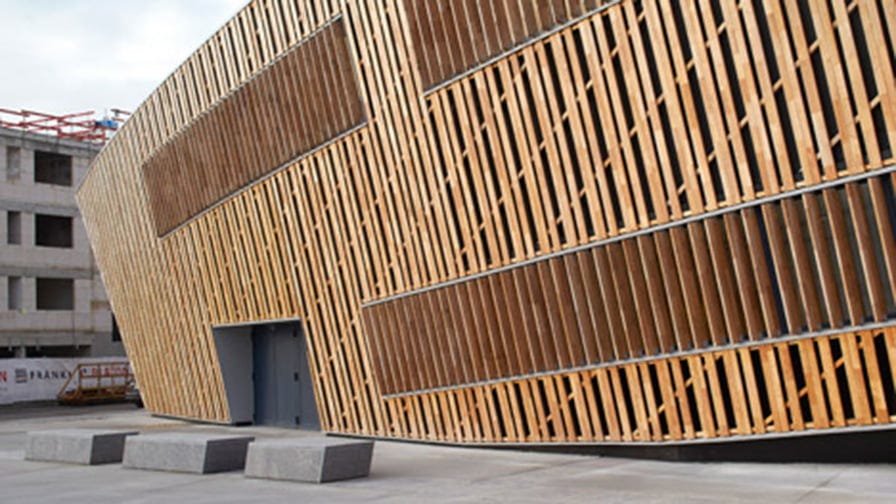

"Fortunately, the Swiss also pay special attention to the environment, and using tropical timber wasn't an option for them either. It was quite a lot of work for us - in total, we delivered about 20 trucks of black locust timber for the roof," says Mr. Erdelyi.
More info: www.robiniagroup.hu

